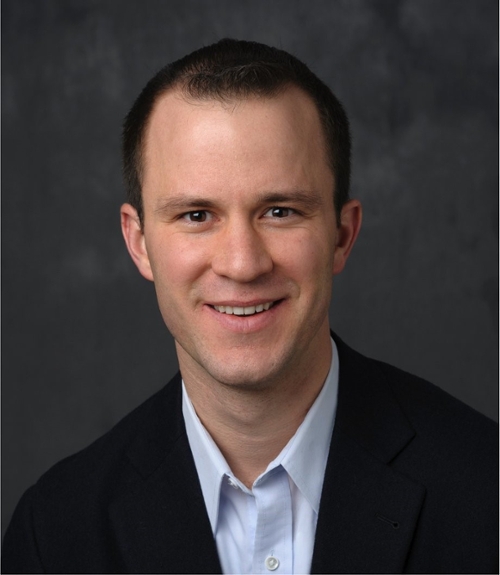News & Events / BME Seminar Series / Current Speakers / 2020-21Craig J. Goergen, PhD

BME Seminar Series Spring 2021
Thursday, April 29, 2021, 4:15-5:15 pm
This event will be held via Zoom
Host: Professor Molly Bright
Leslie A. Geddes Associate Professor
Director of Clinical Programs
Weldon School of Biomedical Engineering
Purdue University
Cardiovascular 4D Ultrasound and Photoacoustic Murine Imaging
Cardiovascular disease is the leading cause of death and disability in the world. Non-invasive imaging has become vital for the detection and monitoring of disease progression, aiding in the development of therapeutics and devices. The research highlighted in this talk describes advancements at the interface of engineering and medicine in order to develop and use multiple imaging modalities to better understand cardiac and vascular disease. For example, conventional ultrasound measurements are commonly based on geometric assumptions from 2D images, often yielding inaccurate results with large variability. Because of this, we have developed a respiratory- and cardiac-gated 3D echocardiography technique to reconstruct ultrasound volumes. We imaged 1) the left ventricles of control, infarcted, and hypertrophic mice and 2) the abdominal aortas of hyperlipidemic mice with angiotensin II-induced dissecting aneurysms using a position-controlled ultrasound transducer. ECG-gated cine loops at 1000 frames-per-second were acquired at sequential positions and temporally concatenated, generating 4D datasets. Nonlinear image registration was then utilized to calculate deformation fields and project segmented masks across the cardiac cycle and from aneurysmal vessels. The dissecting aneurysm datasets were also used to run detailed hemodynamic simulations over large portions of the abdominal vasculature that include small branching vessels. Finally, novel in vivo photoacoustic approaches will be described for lipid imaging using endogenous contrast. This is of particular importance for vascular disease, including atherosclerosis, where lipid accumulation can influence plaque formation. The results from all of these studies suggest that differences in morphology, kinematics, hemodynamics, and composition play crucial roles in determining the evolution of both cardiac and vascular disease.
Learn more about Dr. Craig Goergen and their research here.
